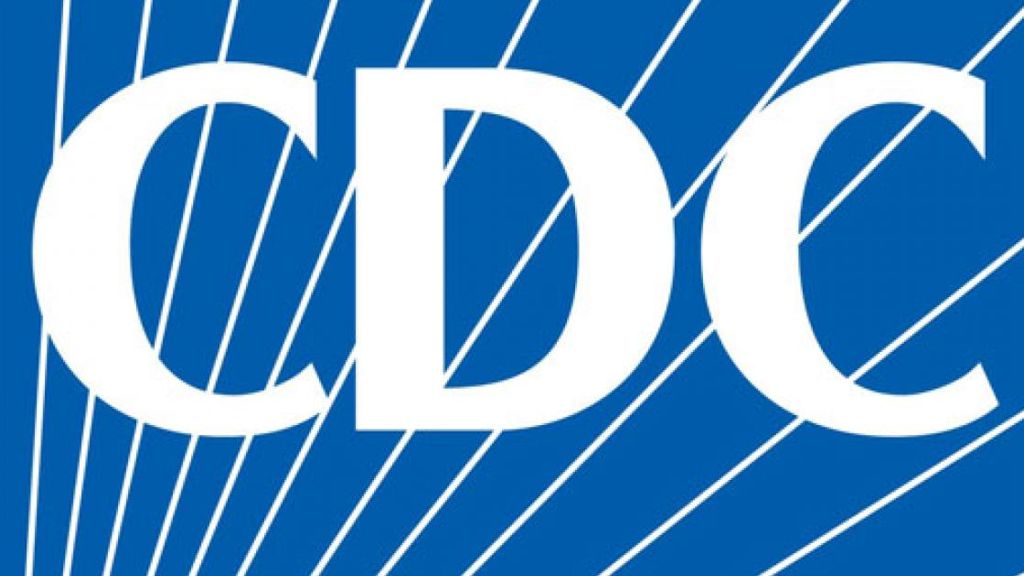COVID-19 vaccine mandates “have to be repealed” as the vaccines are “still in research” and “people cannot be mandated to participate in research,” says Dr. Peter McCullough.
McCullough, a cardiologist, epidemiologist, and internist who manages COVID-19 patients with heart-related complications and patients who become ill after receiving a COVID-19 vaccine, contends that COVID-19 vaccine mandates violate the Nuremberg Code.
“When it comes to research, research can only be voluntary. And under no circumstances can anyone receive any pressure, coercion, or threat of reprisal—cannot. It violates the cornerstone of ethics; it’s unethical, it’s immoral to do that,” he says.
McCullough notes that the CDC and FDA have yet to publish “their first monthly safety report” on the vaccines, and that as of Dec. 17, the CDC’s VAERS (Vaccine Adverse Events Reporting System) has reported 20,622 deaths post-vaccination and over 983,000 adverse events.
While VAERS has issued a disclaimer discouraging the interpretation of its data “to reach conclusions about existence, severity, frequency, or rates of problems associated with vaccines,” McCullough says that the system’s death reports deserve serious attention.
He cites a June 2021 analysis of VAERS COVID-19 vaccine death reports led by the University of London’s Scott Mclachlan. Mclachlan found that “contrary to claims that most of these reports are made by lay-people and are hence clinically unreliable,” health service employees were the reporters at least 67 percent of the time, and “there were only 14 percent of the cases for which a vaccine reaction could be ruled out as a contributing factor in their death.”
COVID-19 vaccines commonly used in the United States use genetic mechanisms to install genetic material into cells, and then the cells produce the spike protein of the virus, says McCullough. “That’s the mechanism of the spike protein, it’s the dangerous and lethal part of the virus.”
The “uncontrolled quantity and duration of spike protein” produced by the vaccine in the human body “almost certainly is the proximate cause of death,” according to McCullough.
By Tammy Hung and Jan Jekielek







